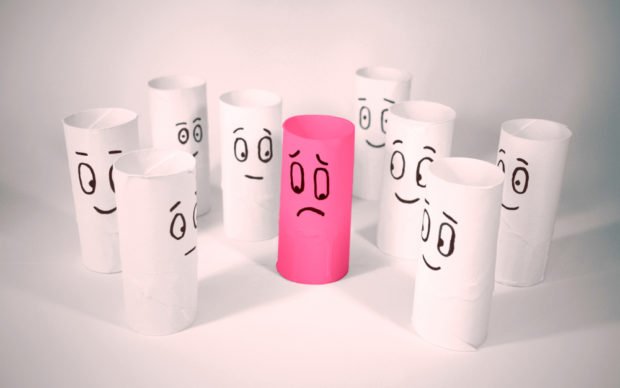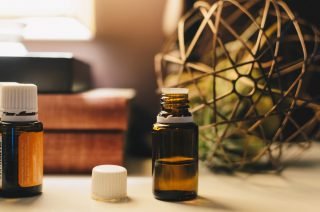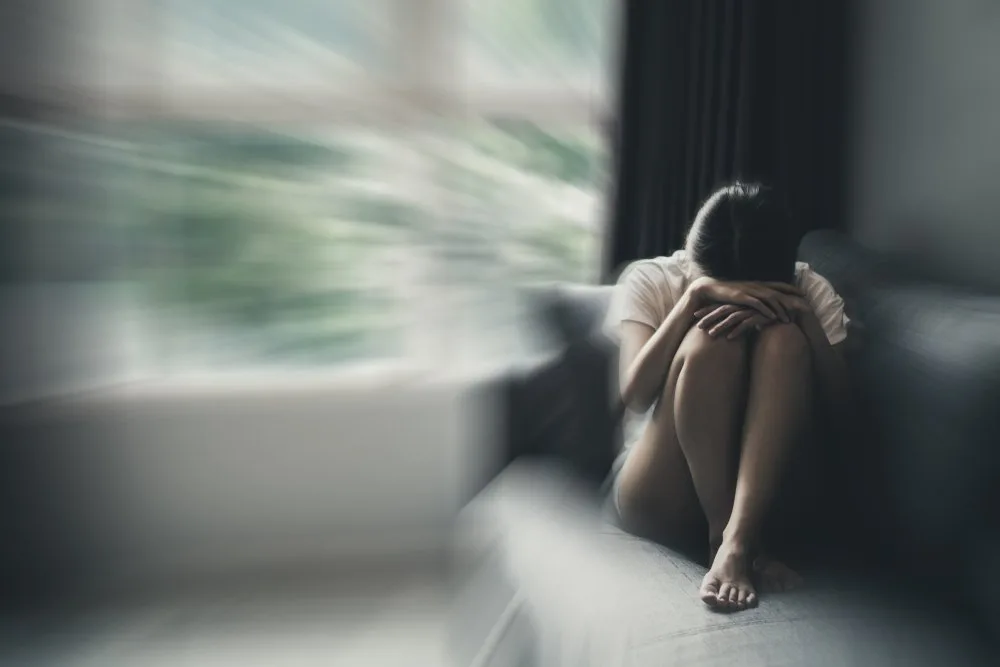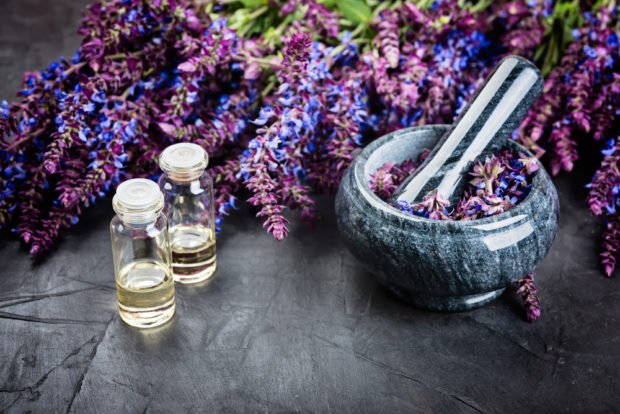Anxiety currently affects over 284 million people worldwide, making it the most prevalent mental health disorder on the planet. Anxiety can take a toll on the body, affecting both one’s physical and mental health. As a result, it’s important to adopt habits that will help to alleviate anxiety symptoms. One way to do so would be through the use of essential oils and aromatherapy.
A century-old method, the use of essential oils can help to invoke feelings of calm as well as relaxation. This then makes it perfectly suited for those battling with anxious and stressful thoughts. The aromatic effects of essential oils help to stimulate areas of the brain that then help to regulate our emotions. As a result, these oils help to calm the mind and reduce stress.
Why essential oils?
Deeply concentrated fragrant extracts made from a variety of plants and essential oils are the missing staples to your life. These oils can be used for a variety of things that include improving sleep, treating damaged hair, as well as helping to manage seasonal allergies.
Now, the use of essential oils should never replace prescription medication when it comes to treating anxiety. That said, there are ways in which they can help to ease symptoms.
Top 6 Essential Oils for Anxiety
1. Lavender
Probably the most popular essential oil out there. Lavender oil helps to invoke feelings of calm and relaxation. This then makes it a good choice for those battling anxiety-related symptoms.
According to a study published in the Asian Pacific Journal of Tropical Biomedicine, after receiving oral lavender, individuals with anxiety disorders noted improvements in their sleep as well as their well-being and quality of life.
Additionally, a separate study found that lavender oil also helped lower anxiety in patients who were set to undergo surgery and cosmetic procedures (1).
2. Rose
If you’re battling with anxiety, it may be advisable to stop and smell the roses.
Extracted from rose petals, the rose essential oil’s floral scent has been found to have a relaxing effect on those battling anxiety. According to a study published in the Iranian Red Crescent Medical Journal, after receiving a 10-minute inhalation and foot bath with rose oil, a group of new mothers who had never given birth before reportedly experienced a reduction in anxiety whilst in labor. Furthermore, a separate study found that after a 15-minute lavender-rose infused aromatherapy session, a group of postpartum women experienced a reduction in both postnatal depression and anxiety symptoms (2).
3. Bergamot Orange
Produced by cold-pressing the ring of the Bergamot oranges from the Citrus bergamia tree, bergamot orange as an essential oil is regularly used for aromatherapy to help relieve anxiety.
According to an animal study published in the journal Molecules, researchers found that bergamot essential oil helped to reduce anxiety in rats by reducing their cortisol response to stress. In regards to human trials, the research found that inhaling bergamot essential oil, which had been diffused with water vapor, resulted in reduced levels of stress as well as improved mood (3).
4. Chamomile
There’s a reason why chamomile tea is one of the most soothing teas out there. That’s because the properties found in the flowers of the plant can invoke an aura of calm.
According to research from the National Cancer Institute, chamomile essential oil was found to help alleviate symptoms of anxiety in cancer patients. Moreover, a separate study found in the Evidence-Based Complementary and Alternative Medicine journal noted how chamomile essential oil also served to alleviate anxiety in ICU patients.
 5. Clary Sage
5. Clary Sage
For those who are unaware, cortisol is referred to as the body’s stress hormone. Elevated levels can increase the risk of both anxiety and depression. However, the use of clary sage as an essential oil may help to prevent this.
According to a 2015 study, clary sage essential oil helped to regulate the levels of cortisol in women (4). Additionally, a separate study found in the Journal of Phytotherapy Research also noted how oil helped to reduce cortisol levels by up to 36%.
6. Neroli
Extracted from the bitter orange tree, neroli not only offers a citrus-like scent but also contains anxiety-relieving properties.
Some symptoms associated with anxiety are sleep-related disturbances that include insomnia. That said, a study published in the American Journal of Nursing Science found that the relaxing effects of neroli oil may even serve to help treat insomnia.
Using Essential Oils for Anxiety
Aromatherapy
This is the most popular way essential oils are used. This is because research has found that we process a lot of information through our sense of smell, and this also has an effect on the way in which we process our emotions (5).
Through the use of aromatherapy diffusers, essential oils can help to stimulate the nerves in your nasal cavities which will soon have a calming effect on your brain as well as your emotions.
Topical Application
When using essential oils, it’s important to remember that these are incredibly pure and concentrated oils. Therefore, it’s important to first dilute them with a carrier oil before applying them to the skin. Doing so will help reduce your risk of irritation or skin rashes. Carrier oils that one could use include coconut oil, jojoba oil, and almond oil.

Photo credit: Kelly Sikkema Unsplash
Once you’ve mixed your essential oil with your carrier oil, it’s important to first perform a patch test on a small area of skin before use. Simply place a few drops on your wrist and then cover the area with a bandage. Check the area within 24 hours and look out for any redness, rash, or itching. If you notice any of these symptoms, then it would be best not to use the oil on your skin.
It’s important to remember that essential oils are not regulated by the FDA. Therefore, you should take care when purchasing oils. It’s important to ensure that you’re buying them from a reputable source.
Final thoughts on anxiety
Essential oils may help relieve anxiety. However, they do not replace the effectiveness of seeing your doctor and taking your prescribed medication. If you notice that your chronic anxiety is beginning to take a toll on your life, it’s important to seek help from a mental health professional.



 5. Clary Sage
5. Clary Sage![women [longevity live]](https://longevitylive.com/wp-content/uploads/2020/01/photo-of-women-walking-down-the-street-1116984-100x100.jpg)










